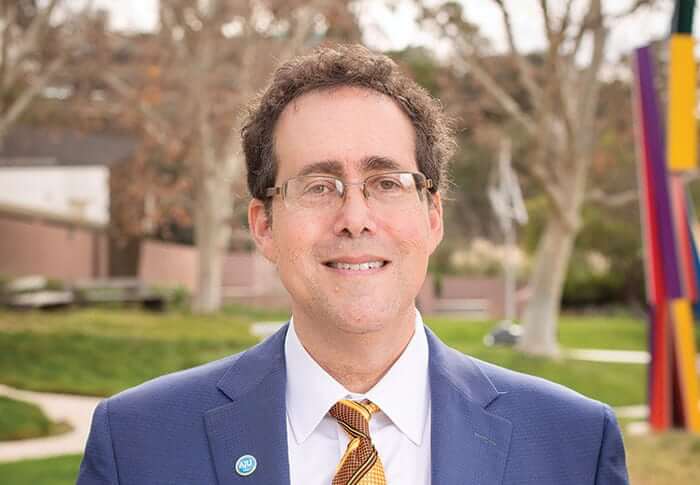Israel May Soon Release Palestinian Money
Prime Minister Benjamin Netanyahu said Monday that he is considering releasing Palestinian tax revenue that Israel has frozen for more than a month, after UNESCO accepted the Palestinians as a full member.
Netanyahu said Monday that the decision to reconsider holding the $100 million in tax revenues comes as the Palestinians have thus far refrained from pursuing any more unilateral moves in international organizations.
Netanyahu also said that he sees the Palestinian Authority’s reconciliation with Hamas as a solely tactical move.
“We see that their talks with Hamas are only a tactical, symbolic move that has no concrete solutions,” he said during a discussion in the Knesset’s Foreign Affairs and Defense Committee.
Moreover, one of Netanyahu’s aides said that Israel has no interest in bringing about the collapse of the Palestinian Authority, and for this reason it intends on releasing the funds.
On Sunday, Palestinian Prime Minister Salam Fayyad said that he will be unable to pay the salaries of tens of thousands of civil servants due to Israel’s economic sanctions.
Fayyad told reporters on Sunday that the sanctions have a “devastating impact” on the Palestinian economy.
U.S. Secretary of State Hillary Clinton, as well as UN chief Ban Ki-moon, have called on Netanyahu to release the Palestinians’ tax money.
Ban Ki-moon noted that Israel is required to transfer the money to the Palestinians under the terms of the agreements between the two sides and added that tensions need to be eased so that peace negotiations can be resumed.
For more, go to Haaretz.com















